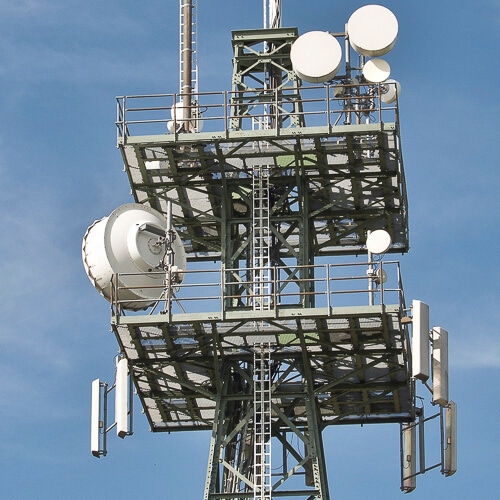'Ligado Networks ... is not intending to move forward with its trial deployment in northern Virginia,' the company wrote to the FCC, following a US government report warning of possible GPS interference.

Ligado Networks said it no longer plans to launch a 5G network in its 1526-1536MHz spectrum by September 30 in parts of Virginia, as it had hoped to do earlier this year.
The company's move comes just days after the US government's National Academies of Sciences, Engineering and Medicine (NASEM) released a report that raised questions about whether Ligado's planned network would interfere with GPS and other existing devices and networks.
"Ligado Networks ... is not intending to move forward with its trial deployment in northern Virginia. Ligado has reached this decision to allow time for the company's discussions with the National Telecommunications and Information Administration [NTIA], acting in its statutory role on behalf of the Executive Branch, to resolve in a fair and reasonable manner issues relating to the government's ongoing use of Ligado's terrestrial spectrum," wrote Gerard Waldron, Ligado's counsel, in a letter to the FCC. The letter was also distributed to members of the media.
Figure 1:  (Source: Pixabay)
(Source: Pixabay)
At issue is around 35MHz of spectrum in the L-band; the spectrum is controlled by Ligado and could be worth billions of dollars. As noted by SpaceNews, the company had been planning to switch on some 5G services in that spectrum near its headquarters in Virginia. In advance of that launch, Ligado had inked a deal with Nokia for 5G basestation radios and with Rakuten Mobile for private wireless networks.
However, Ligado for years has struggled under concerns from members of Congress, the US military and others that network operations in its spectrum would interfere with GPS and other, existing gadgets. Those concerns came to a head following the release of the NASEM report last week.
"Ligado's terrestrial operations would cause harmful interference to GPS devices and that a number of the FCC's mitigations would be practically unworkable," the NTIA said in a statement. The NTIA is an agency of the White House that in part works to organize spectrum usage among various government agencies, including the US military. The agency has long objected to operations in Ligado's spectrum despite multiple rulings from the FCC in favor of Ligado's plans.
However, for some, the new NASEM report raises more questions than answers.
"Basically, the report says 'wow, this is a really hard question. Nobody has a clear way to measure interference of any kind, and there are so many use cases and devices. This is haaaaarrrrdddd,'" Tweeted Harold Feld, an official with the Public Knowledge nonprofit public interest group. "I expect this [report] will fan the flames again, but it doesn't really add much to the record if you actually read it."
That's noteworthy considering Congress ordered the NASEM report in order to end the decade-long debate over whether operations in Ligado's spectrum would cause interference.
Related posts:
— Mike Dano, Editorial Director, 5G & Mobile Strategies, Light Reading | @mikeddano
About the Author(s)
You May Also Like











